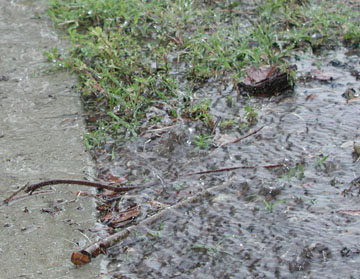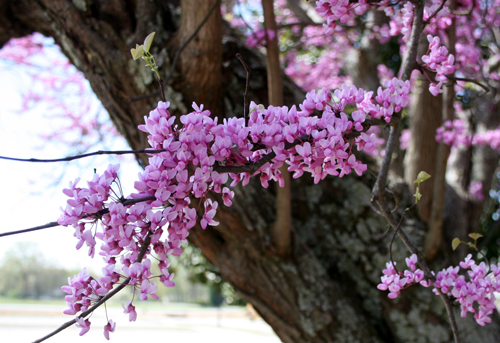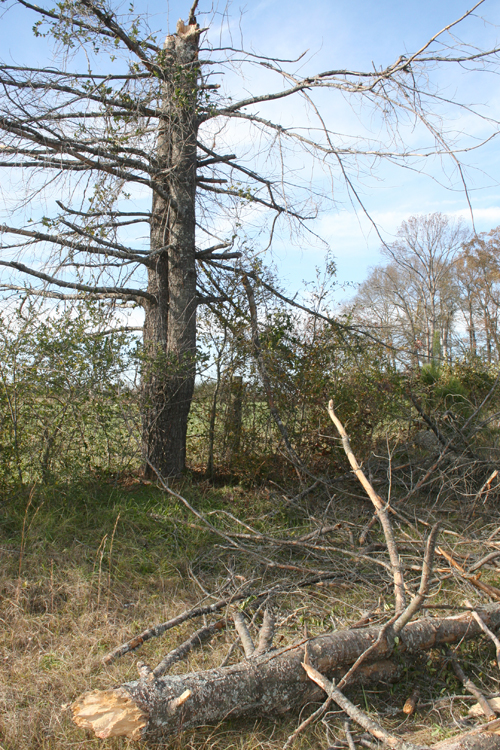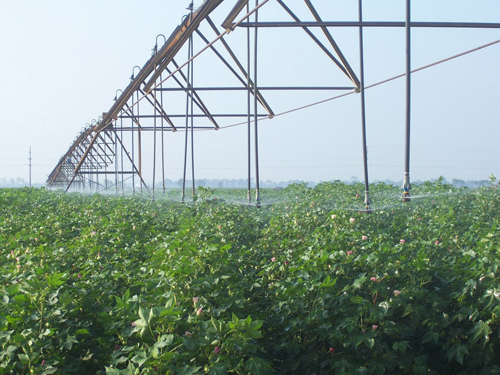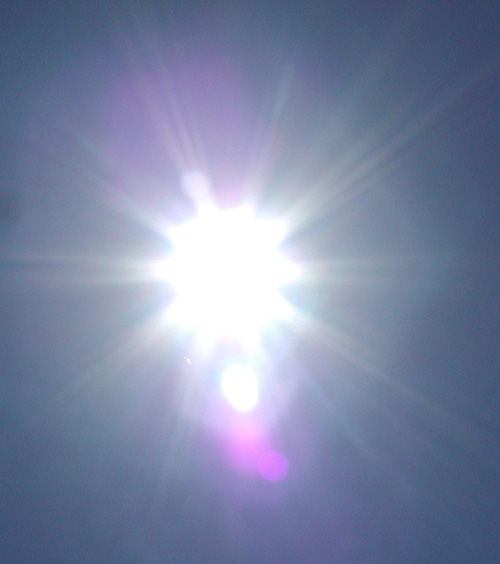.jpg) CAES News
CAES News
Georgia summer
Georgia’s summer will likely be warmer and drier than normal through at least early August.
Temperatures and rainfall in late summer and early fall will depend on the number and tracks of tropical weather systems.


